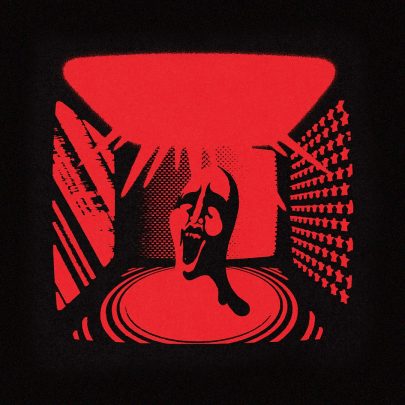Jul 28, 2013 Film & TV
Directed by Andreas Mol Dalsgaarsd
Denmark
Reviewed by Simon Wilson
The thing about town planning is, you’ve got to be bold to be effective, but that’s not easy when people hate change. And the thing is, you can’t have a masterplan because who do you think you are, being the master? And the thing is, there are 3.5 billion people living in cities now but that’s going to be 6.5 billion by 2050. Whatever we do now, however we live now, it’s not going to stay the same, so the challenge is, do we want to make it better or just let it get worse?
It’s a fascinating thing about modern life that although we know society is changing fast, we keep on treating the present as if it’s the end of time. As if we can just say no, and everything will stop.
And so along comes Jan Gehl, Danish architect and planner, consultant to the powers that be in cities as disparate as New York and Dhakka, Chongqing (the fastest growing city in the world) and Melbourne. And Christchurch (and Auckland, as it happens, although our city does not feature in this film).
In New York, Gehl helped them be bold, creating an actual town square in Times Square. In that city of a million yellow cabs, the head of the department of transportation, Janette Sadik-Khan, now talks about it becoming “the greatest green city in the world”. Not a blogger’s dream but real official policy (for more on all that, buy yourself a copy of the current issue of Metro and check out Gemma Gracewood’s wonderful feature on cycling in the Big Apple).
The transformation of Times Square is instructive not just because it was so bold, but because it didn’t cost a lot of money. While Auckland spends millions of dollars every time it realigns the curbs and lays new paving in an irrelevant side street like Darby St, New York brought in big lumps of concrete and red cones and simple tables and chairs, and because it was a big, bold and cheap change to the very heart of the city, it made everyone pay attention, and in doing that, it revolutionised their expectations. And yet our council creeps along at a petty pace, spending ridiculous amounts of money trying its best not to upset anyone, doing really very little at all.
The Human Scale, a documentary that tracks the influence of Jan Gehl and some seductively bright young people he employs, is full of wonderfully provocative ideas. The big picture? The population of cities is going to double in the next few decades: Auckland’s extra million is one small part of a gigantic unstoppable phenomenon.
The big idea? Town planning is about providing “a framework” for life to occur spontaneously – not rigidly determining what we will all be allowed to do in each part of the city, but creating public spaces that enable people to create the human activities they want. We can learn from Copenhagen, now full of cyclists; or Melbourne, now full of people living a European-style streetlife in the laneways; or we can just keep on spreading the city into the countryside and condemning people to live isolated lives.
Most architects, planners and politicians already know about Jan Gehl, and this film is surely essential viewing for anyone in the town planning business who wants their own voice to be heard. But it’s inspirational for the rest of us too. We don’t ask enough of the people who make our cities what they are. The Human Scale suggests it’s time we asked far more.





